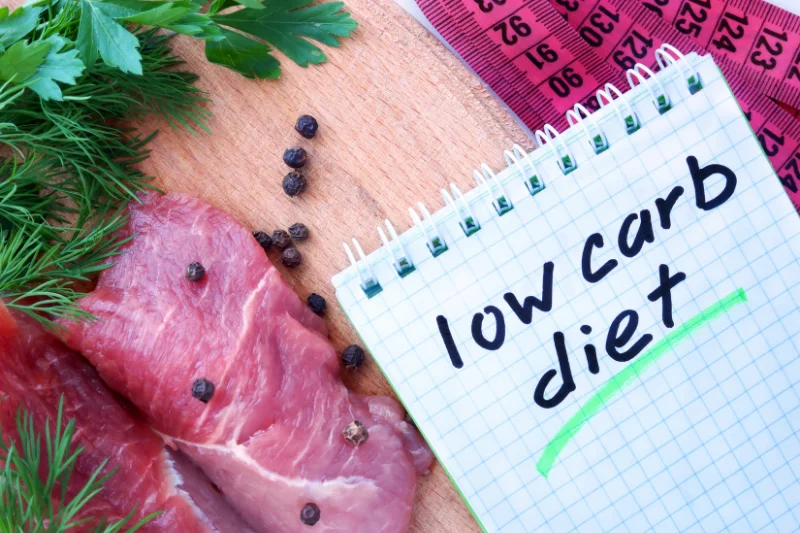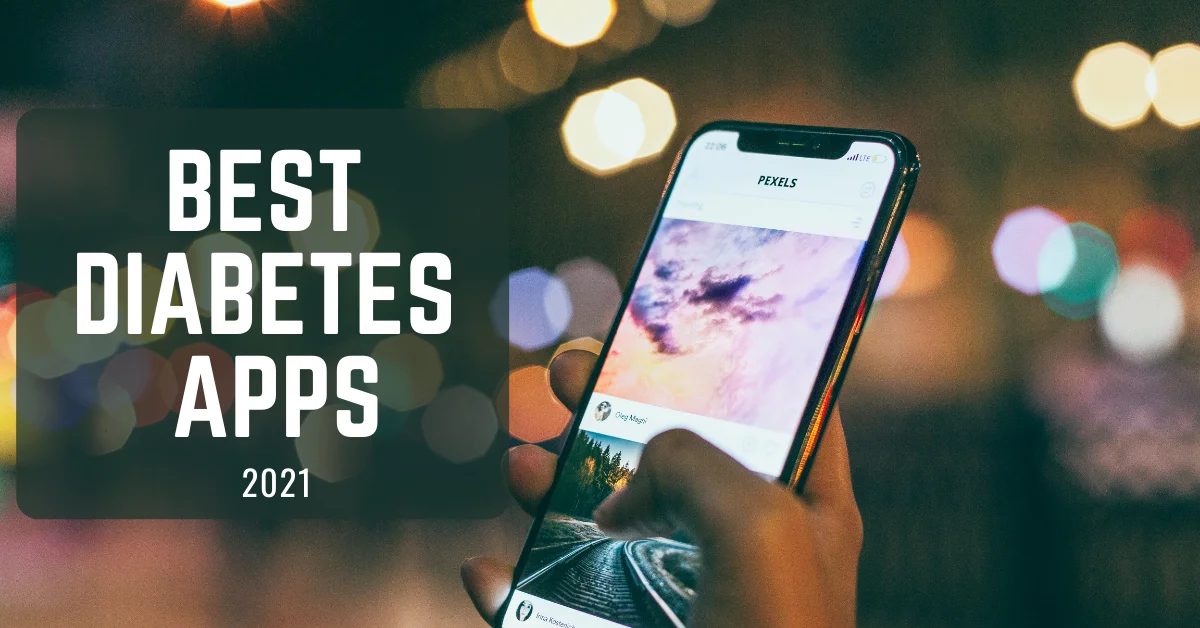The term “diet” has been around for many years and is defined as the use of a specific intake of nutrition for health, weight-management, and to solve other conditions.
A diabetic diet relates to managing these same conditions, including how food will affect blood sugar control.
Diets Are A Short-Term Fix
Many people decide to go on a diet to lose weight and doing this quickly is usually a goal. However, in order to manage blood sugar and reach ideal health it is wise to choose a more sustainable diabetic diet.
Balancing blood sugar means balancing the foods you are combining in a meal or snack. This means combining real whole foods, a variety of nourishing vegetables, healthy fats, protein and adding complex carbohydrates with fiber to result in a measurable and sustainable diabetic diet.It is not hard to notice all the diet trends people with or without diabetes are testing out. So, is a diabetic diet any different than all the other diets out there?
Let us learn more on how and if the latest diet trends can be considered a diabetic diet option(s).
Comparing Diet Trends and the Diabetic Diet
Ketogenic Diet
The (keto) ketogenic diet is a low carbohydrate, high protein diet. The idea is to get more calories from protein and fats and less from carbohydrates. The body then burns fat for energy instead of carbs. This can result in weight loss due to reducing insulin levels which can be stored as body fat if not burned for energy. Currently the keto diet plan is a trend among people living with both type 1 and type 2 diabetes who want to eat less carbohydrates and lose weight. However, the ketogenic diet is not a sustainable eating plan for most people. This way of eating can cause side effects and be a challenge to manage type 1 diabetes long-term.
Paleo Diet
The paleo diet includes eating meat, fish, eggs, vegetables, fruits, nuts, seeds, herbs, spices, healthy fats, and oils. It also asks people to avoid eating processed foods, sugar, soft drinks, grains, most dairy products, legumes, artificial sweeteners, vegetable oils, margarine and trans fats.
The keto and paleo diets are similar in their focus on eating whole foods with low carbs while using fat calories for energy, as opposed to relying on carbs for energy. Both diets can benefit blood sugar management, but other functions in the body may be negatively affected if either diet is used long-term. These diets may be considered more of a short-term fix to lose weight but not a sustainable diabetic diet option.
Vegan Diet
The Vegan diet is rich in vegetables with an attempt to avoid all foods from animal products. This diet can be beneficial to everyone because of the vitamin and mineral rich vegetables, but can be hard to sustain with its lack of protein, B-Vitamins, and Iron you get from animal products.
Low Carbohydrate Diet

Just like its name, the low carbohydrate diet specifically counts the total grams of carbohydrates eaten in relation to eating a balanced meal. A low carbohydrate diet is considered by many to be a great diabetic diet. This option is based on being more conscientious of how many carbohydrates you eat, and how many you may or may not need for energy. Choosing to eat more vegetables, healthy fats, and lean protein to fuel your body, also helps manage blood sugar levels. It is vital for type 1 diabetics to monitor blood sugar levels when eating a low carbohydrate diet, keeping aware of your carb to insulin dosing ratio to avoid hypoglycemia (low blood sugar) episodes.
Comparing Type 1 and Type 2 Diabetic Diets
Is there any diet differences whether you live with type 1 or type 2 diabetes? The goal for both groups is to recognize carbohydrates in meals and balancing this with insulin levels. In type 2 diabetes, the body is still producing insulin and with a focus on diet, exercise and oral medicine if needed, blood sugar goals can be managed easier.
Type 1 diabetic diets must factor insulin into the equation of how many carbohydrates eaten and the insulin to carb ratio to reach goal blood sugar levels daily. The type 1 diabetic diet is a balancing act and can be more challenging, but not impossible. In theory, the same diabetic diet can be optimized while managing both types of diabetes. Learning about food, its macronutrients, and how it affects blood sugar levels applies to both type 1 and type 2’s.
The rules are the same when choosing a diabetic diet to manage both types of diabetes. It is important to eat a whole food diet low in sugar to maximize nutrition, and use exercise and lifestyle habits to balance sugar and fuel your body everyday.
Choose a Sustainable Diabetic Diet Over a Quick Fix Diet
A diabetic diet should contain foods you enjoy and can sustain for a well functioning body, while reaching your long-term health goals and managing diabetes. Managing diabetes is a day-to-day endeavor that you and your body must sustain to attain ideal health and avoid complications. Finding what eating plan works best for you and your lifestyle is unique to you. Talk to your doctor about what your health and weight goals and what diabetic diet can safely get you there!

Melissa Slemp
I’m a wife, mom, type 1 diabetic, and certified health coach specializing in blood sugar control. I have learned how to use effective habits navigating my own diabetes health journey.
In my programs you will learn the best foods to manage blood sugar without feeling
deprived and to lose weight and feel your best.









